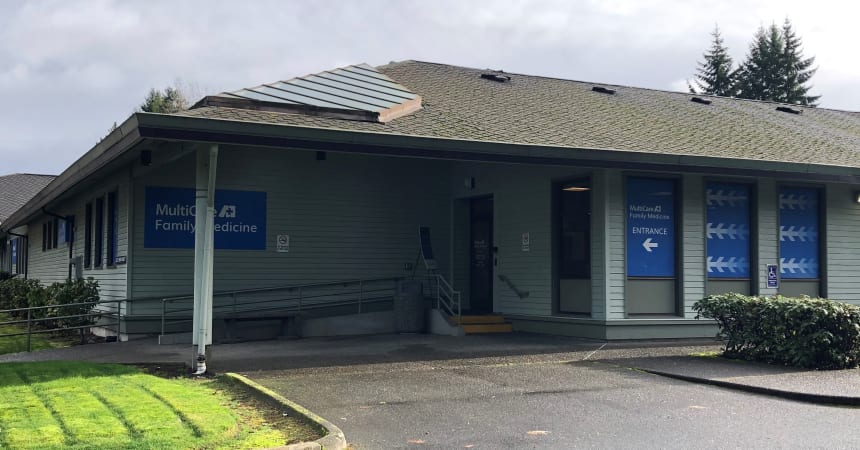Request a new patient appointment with Pulse
Please submit your information to request a call back. A member of our team will call you within three business days to schedule an appointment.
New patient appointments will take place within approximately three weeks.
Pulse will honor a referral to any cardiology provider. If you have a referral to a provider outside of Pulse, we will be happy to work with you to get an appointment scheduled with one of our providers.
When should I see a cardiologist?
Cardiologists specialize in the diagnosis and treatment of diseases or conditions of the heart and blood vessels (the cardiovascular system). They work with you and your health care team to provide the treatment and care you need for your heart condition.
If you are concerned about your heart health, the first step is to meet with your primary care provider and discuss your symptoms. Your provider will determine if you need a referral to a cardiologist.
What are the types of cardiology?
There are several types of cardiology that focus on different areas of heart health.
General cardiology – General cardiologists focus on preventing, diagnosing and managing diseases and conditions of the heart. They work with other cardiology specialists to diagnose and treat cardiovascular conditions.
Electrophysiology – Electrophysiologists specialize in diagnosing, treating and managing heart rhythm problems, or arrhythmias. Treatments may include implanted devices or procedures like cardiac ablations.
Heart failure – Heart failure cardiologists are trained to treat patients with congestive heart failure, a condition that occurs when the heart can no longer pump enough blood to keep the body functioning normally. Treatment programs may include medications, surgery and lifestyle changes.
Noninvasive cardiology – Noninvasive cardiologists diagnose heart problems using non-surgical tests such as electrocardiogram (EKG/ECG), chest X-rays, exercise and stress tests, and other imaging.
Interventional/invasive cardiology – Interventional (or invasive) cardiologists are trained to perform surgical procedures to treat heart problems such as balloon angioplasty, stenting, percutaneous intervention (PCI), transcatheter aortic valve replacement (TAVR) and transcatheter mitral valve repair (TMVR).
What are the top signs and symptoms that a cardiologist should check?
Some symptoms that may indicate you need to see a cardiologist include:
- Chest discomfort
- Shortness of breath
- Swelling in your legs
- High blood pressure
- Abnormally fast or slow heart rate
- Dizziness or fainting
- Family history of premature heart disease or cardiac death
- Leg pain or ulcers resulting from blood vessel diseases
How does a cardiologist check your heart?
At an initial visit, your cardiology team will check your vitals – height, weight, blood pressure, breathing rate, body temperature, etc. They will listen to your heart and lungs, and may examine the blood vessels in your neck, arms and legs. They may also look at your ankles and feet for any swelling.
Cardiologists use any of the following tests to check your heart:
- Blood tests
- Electrocardiogram (ECG/EKG)
- Echocardiogram (Echo)
- Chest X-ray
- Holter monitor
- Stress echocardiography testing
- Exercise treadmill testing (ETT)
- Positron emission tomography (PET)
- Heart catheterization












